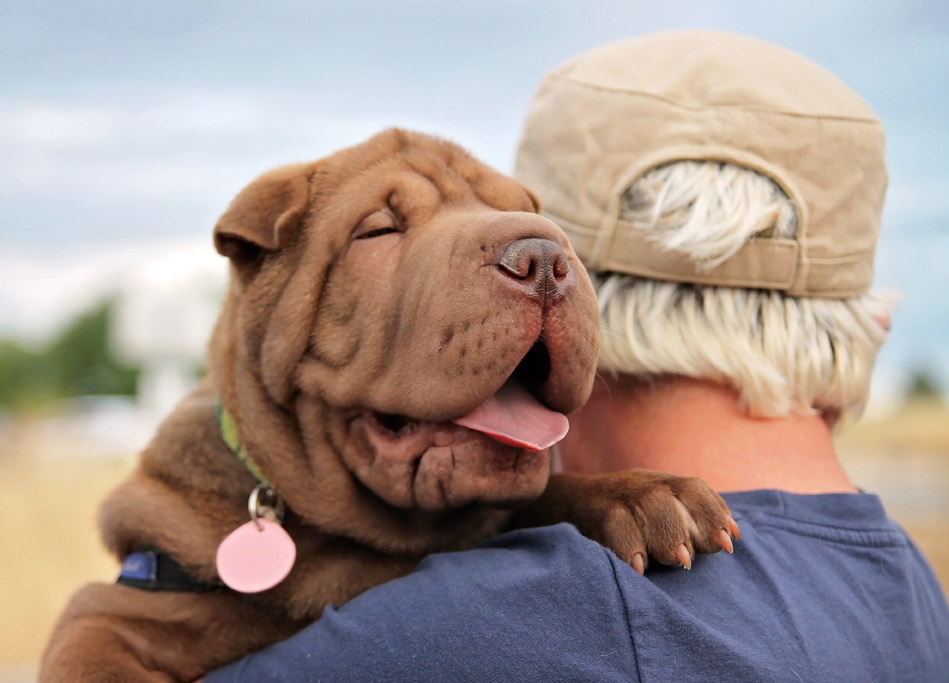Whoever owns a pet knows how positive its presence is for a family. We often come home from work tired and angry, but simply being welcomed by our happily tail-wagging Toto lifts much of the tension away. It also applies to the elderly, for whom the presence of a pet brings several benefits, from various points of view.
A pet is the source of several stimuli, from the physical and psychological points of view. For an elderly person, a dog or a cat means having to get up and move to take them for a walk or clean up their litterbox. Old people tend to exercise very little, which worsens their quality of life. Having a dog forces you to go out and move, but it also creates a relationship with the animal itself and with all the other people that go to the park – dog owners and others.
Some studies show that people who own pets live longer and better, to the point that social workers often advise old people to adopt one. Not only dogs, but cats as well. Kittens tend to follow their owners around the house, meow to draw attention and making owners feel important and necessary.
It goes without saying that giving a puppy to an elderly person as a gift is only advisable after assessing together the actual possibility of taking care of the dog, both physically and financially. For someone who has grown-up children and grandchildren, being responsible for the care of another life means injecting purpose into their days, with new rhythms and schedules. Dogs and cats are great companions, infusing each day with a sense of well-being and providing us with love, laughter, stories to tell, and, for many, a new reason to live.
The love between an elderly person and a pet becomes special in a very short time, right from the first petting, from the first “let’s go out for a walk!”, and it lasts forever.

